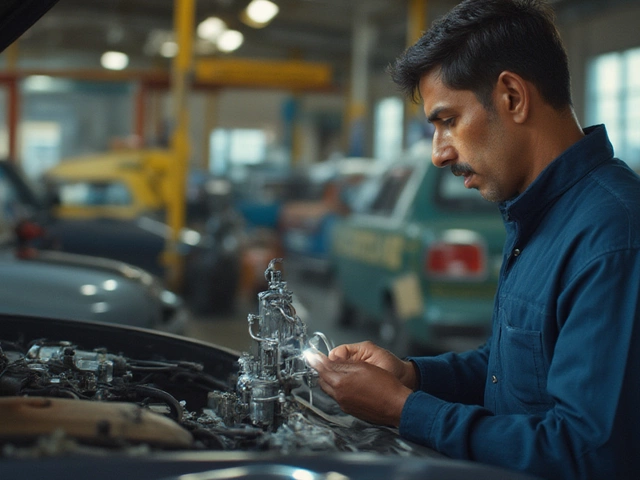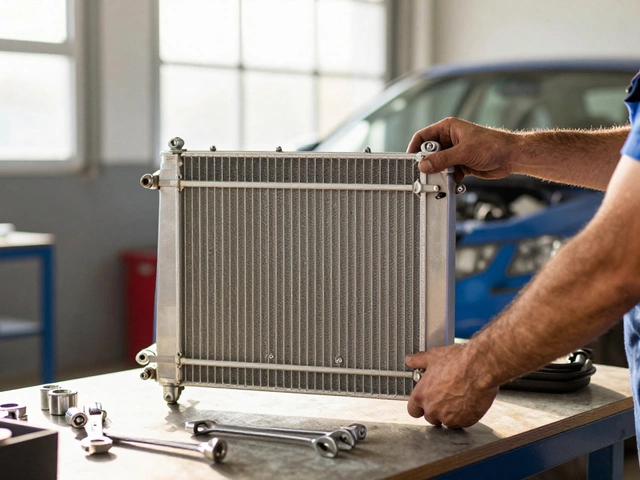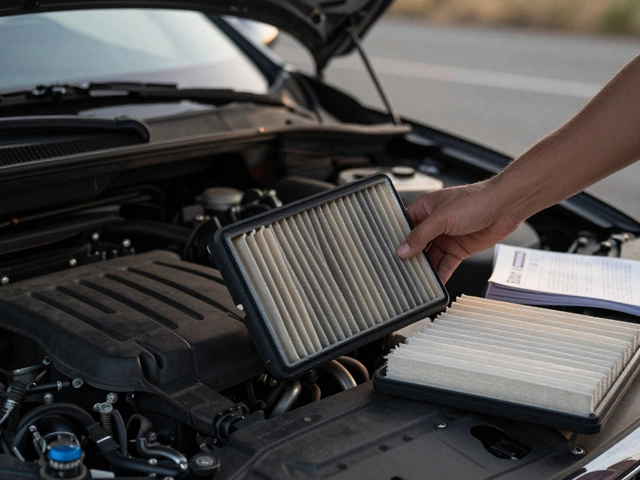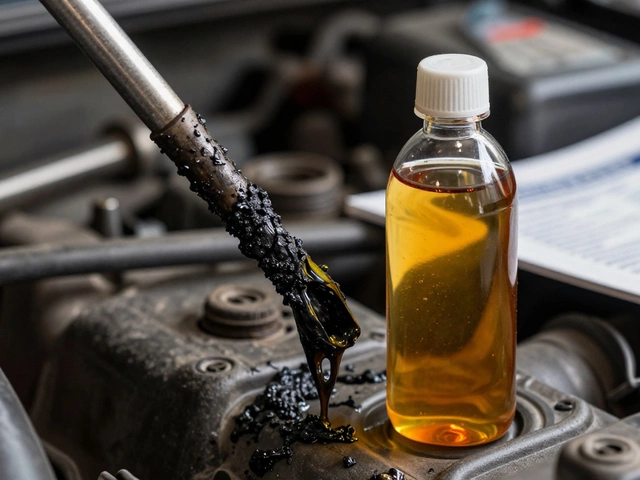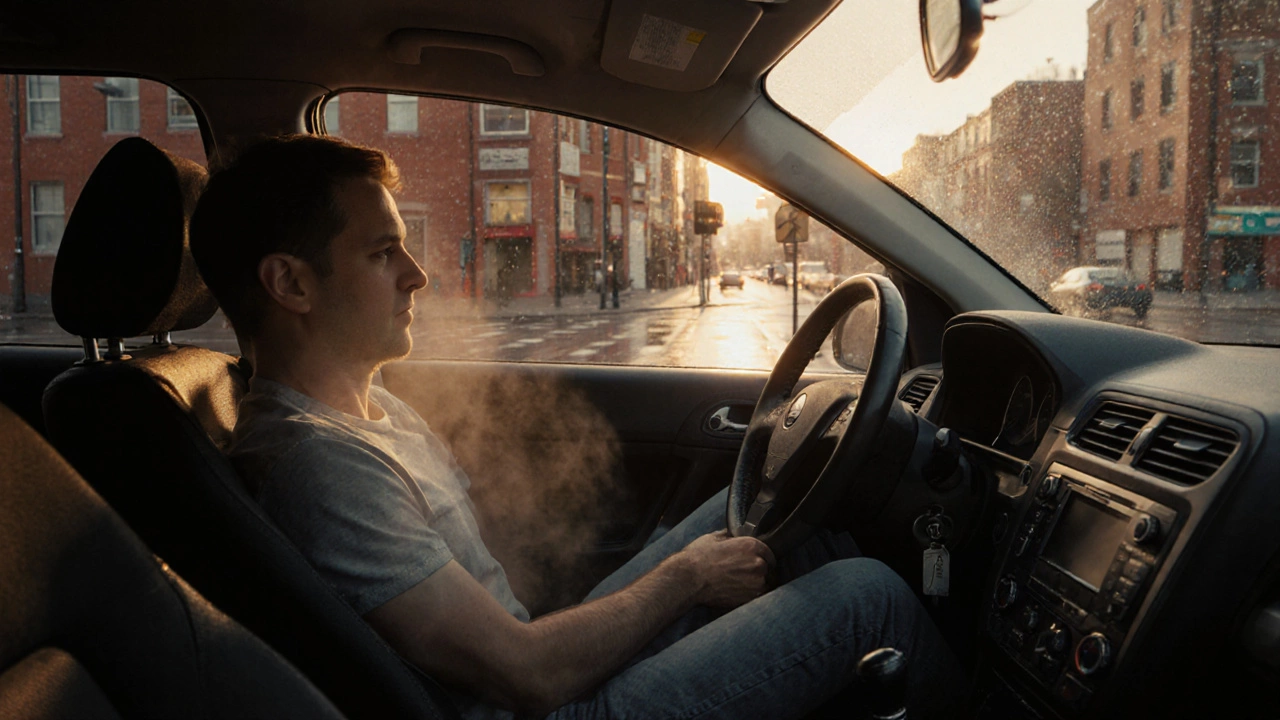
Clutch Mileage: How Long Does Your Clutch Last and When Should You Replace It?
When you think about your car’s clutch, a mechanical component that connects the engine to the transmission and lets you shift gears smoothly. It’s not something you notice until it starts slipping, grinding, or refusing to engage. Unlike tires or brake pads, the clutch doesn’t have a fixed replacement schedule—it lives or dies based on how you drive, what kind of car you have, and how much load it’s carrying. Most clutches last between 50,000 and 100,000 miles, but some fail at 30,000 while others make it past 150,000. The difference? Driving habits.
Clutch mileage isn’t just about distance—it’s about stress. Riding the clutch, creeping in traffic with your foot on the pedal, or power-shifting in a manual car all eat away at the friction material. If you drive mostly in city traffic with lots of stop-and-go, your clutch is working harder than if you were cruising on highways. Heavy loads like towing or hauling also shorten its life. And if you’ve ever heard a grinding noise when shifting, or felt the car hesitate when you let off the gas—that’s not normal. Those are early signs your clutch is wearing out. A slipping clutch won’t always scream for help. Sometimes it just starts feeling lazy, like the engine revs but the car doesn’t move as it should.
Replacing a clutch isn’t cheap or quick. It often means pulling the transmission, and you’ll need a full clutch kit—pressure plate, disc, and release bearing. If the flywheel is worn or cracked, that’s another cost. That’s why spotting problems early matters. You don’t want to get stuck on the side of the road because your clutch gave out after 60,000 miles when it should’ve lasted twice that. The good news? You can extend its life with smarter driving. Lift your foot off the pedal completely when not shifting. Avoid holding the car on a hill with the clutch. Don’t use the clutch to brake. These small changes add up.
What you’ll find below are real-world guides on how to tell if your clutch is failing, what it costs to fix, how long the job takes, and what habits are killing it faster than they should. No theory. No guesswork. Just what actually happens when your clutch starts to go—and what you can do about it before it turns into a bigger, pricier problem.
-
20 Nov



